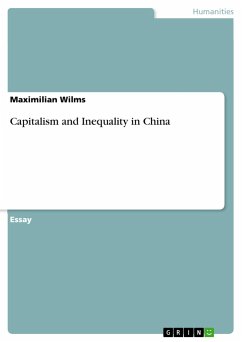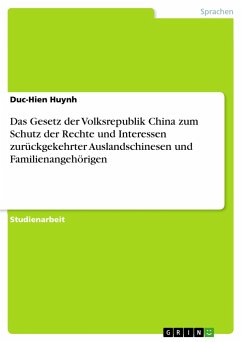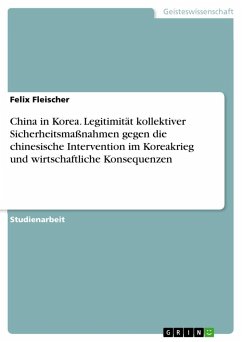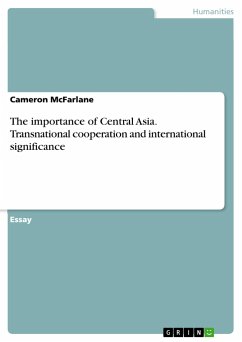Essay from the year 2012 in the subject Asian studies, grade: 8/10, , language: English, abstract: Nowadays, the world's economical, political and social systems are ruled by the common concept of capitalism. Its definition varies depending on historical and political periods in societies, which allows some negative aspects pointed out. Thecurrent situation presents a high rate of disparity: 6% of the world population own 52% of the global assets. Thus, it gives rise to analyze the possible connections between capitalism and inequality. As an example, in China we can observe a certain count of phenomena, which completely upset the economy of this country. Since the transition from planned economy to a free market system in the 1970s, Chinas economic growth is about 9 per cent annual and the country's GDP represents 13 percent of the global output. As capitalism is considered as the best economic system for modern societies in as much as it seems to be the most productive and efficient, noteworthy, behind this visible global opening, very big spatial disparities exist. Between 1980 and 2005, the inequality in China grew with double speed than in the U.S. At the present time, China is one of the most inequal societies in Asia. Indeed, China opted for a growth model spatially unbalanced, by hoping that by the effects of pouring, the rest of the country could benefit in his turn from this development. However, the positive effects of the economy limited to the coastal provinces, which became the engine of the Chinese growth. How can one explain that China, one of the former most egalitarian states in the world, is in a dangerous area of inequality? To answer this question, one must have a look at the changes from Mao Zedong era tothe current shift towards capitalist economy, by focusing on the causes of this evident disparity, e.g. the gap between the urban and rural areas and the ongoing process of state capitalism.The author of this text is not a native speaker of English. Please excuse any grammatical or lexical inconsistencies.
Hinweis: Dieser Artikel kann nur an eine deutsche Lieferadresse ausgeliefert werden.
Hinweis: Dieser Artikel kann nur an eine deutsche Lieferadresse ausgeliefert werden.








